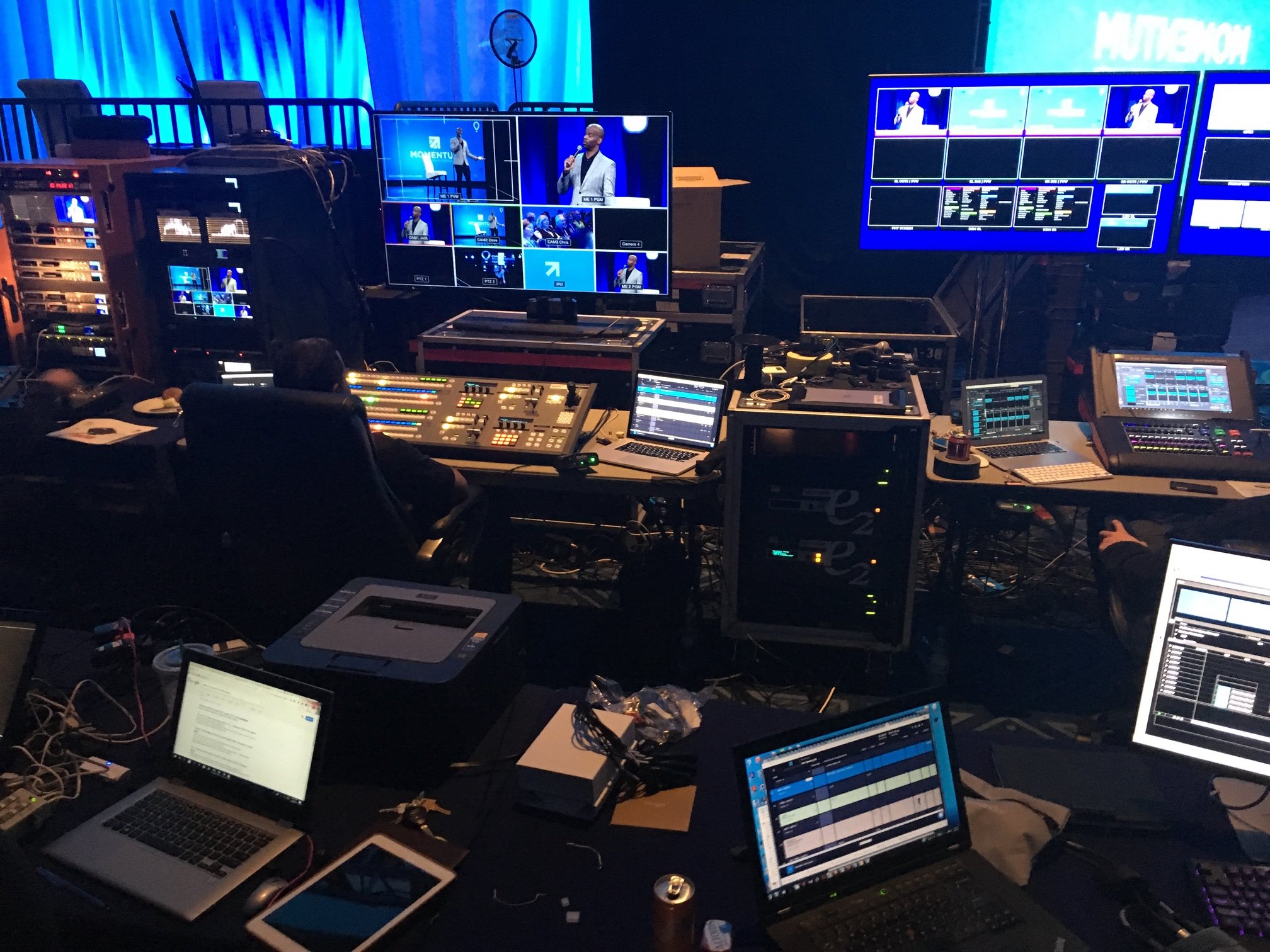Host with Your Event Source Charlotte for Stunning Event Solutions.
Host with Your Event Source Charlotte for Stunning Event Solutions.
Blog Article
Why Occasion Resource Solutions Are Necessary for Smooth Event-Driven Styles
In the world of modern software advancement, event-driven designs are significantly widespread, yet their performance hinges on the execution of robust event resource solutions. As markets change towards real-time data processing, recognizing the implications of event sourcing becomes important.
Recognizing Event-Driven Designs
Event-driven designs (EDAs) stand for a standard change in creating software systems, where the flow of details is determined by the event of occasions. This architectural style promotes a decoupled technique, allowing various elements to interact asynchronously. In EDAs, occasions offer as the key ways of interaction, causing processes or process in reaction to details incidents, such as user activities or system modifications.
The key parts of an EDA consist of occasion producers, which produce occasions; event consumers, which react to events; and event channels, which help with the transmission of occasions in between producers and customers. This structure boosts system responsiveness and scalability, as parts can independently refine events without the requirement for synchronous communication.
Furthermore, EDAs make it possible for real-time data processing, making them ideal for applications calling for immediate insights-- such as scams detection in monetary systems or checking IoT tools. They likewise sustain an even more active growth atmosphere, enabling groups to repeat rapidly and deploy brand-new features with marginal disruption to existing solutions.
The Role of Occasion Resource Solutions
While different elements in an event-driven architecture depend on efficient communication, occasion resource solutions play a crucial function in creating and handling the flow of events. These services function as the first factor of event production, capturing changes in state or user actions and translating them right into occasions that can be circulated with the system.

Additionally, they facilitate the decoupling of manufacturers and customers within a design, allowing systems to range separately. This decoupling is essential for boosting system strength, as it lessens dependencies that could or else cause bottlenecks or single factors of failure.
Advantages of Real-Time Data Handling
Real-time information handling considerably improves the capabilities of event-driven designs by enabling instant insights and actions based upon the most recent details (your event source charlotte). This immediacy not just accelerates decision-making yet likewise increases the importance and accuracy of those choices. Organizations can respond to occasions as they occur, lowering latency and improving functional dexterity
Among the primary benefits of real-time data processing is the capacity to record and evaluate information continuously. This assists in positive steps instead of reactive responses, allowing services to expect trends and click here for info possible issues before they escalate. In sectors such as money or e-commerce, real-time analytics can identify fraudulent purchases or consumer habits changes, allowing speedy interventions that alleviate threat and optimize client satisfaction.

Ultimately, the assimilation of real-time data processing right into event-driven designs empowers organizations to harness the complete potential of their data, driving innovation and affordable advantage in a progressively vibrant industry.
Enhancing System Communication
Efficient communication in between systems is important for the success of any kind of event-driven architecture. Occasion source services facilitate this interaction by providing a robust framework for recording and sending occasions in actual time. By systematizing exactly how systems produce and take in events, these services get rid of uncertainty and foster interoperability, permitting disparate systems to more collaborate seamlessly.
Using event streams enables systems to react immediately to modifications, making certain that all elements are straightened and educated. This responsiveness is crucial in environments where timely information exchange directly affects decision-making and general system efficiency. Moreover, occasion source services supply devices for event filtering system, change, and directing, improving the efficiency of data flow between systems.
Furthermore, by executing a publish-subscribe design, event source solutions decouple system parts, permitting better adaptability and scalability. This decoupling means that systems can evolve separately, making it simpler to incorporate new capabilities or replace existing components without interrupting overall communication.
Future Patterns in Occasion Sourcing

Another substantial trend is the rise of cloud-native occasion sourcing options. These platforms utilize the scalability and adaptability of cloud framework, enabling companies to effectively handle and save huge quantities of occasion data without the overhead of standard systems. This shift advertises higher accessibility and collaboration throughout groups.
Additionally, the fostering of microservices style is affecting occasion sourcing practices. As companies progressively sector their applications right into smaller, independent services, event sourcing offers a robust mechanism to keep data consistency and integrity across these distributed systems.
Verdict
To conclude, event resource services function as an important structure for smooth event-driven architectures, making it possible for reliable event generation and monitoring. By helping with asynchronous interaction in between elements, these options improve system durability and promote the independent evolution of solutions. The advantages of real-time information processing and boosted system interaction highlight the relevance of adopting event sourcing methodologies. As the need for durable distributed systems boosts, the importance of event source services will certainly remain to grow, forming the future of event-driven layout.
Report this page